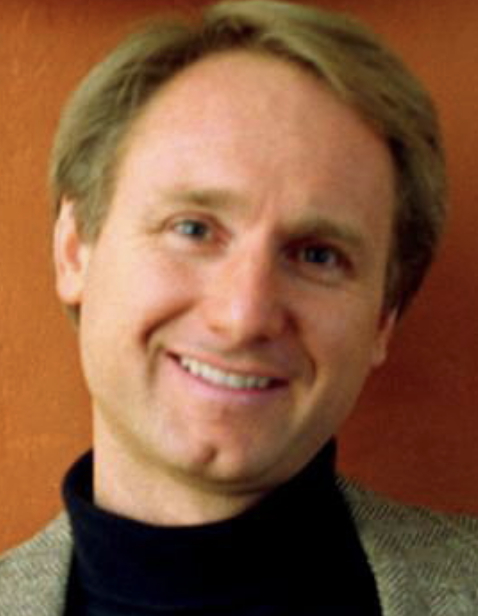On this date in 1964, novelist Daniel Gerhard Brown was born in Exeter, N.H. His father was a math teacher and his mother was a professional musician primarily involved with religious music. He was raised Episcopalian and has described himself as a very pious child, singing in church and attending church camp. He graduated with a degree in English and Spanish in 1986 from Amherst College and then tried to establish himself as a singer-songwriter and pianist.
In 1993 he secured a job at Beverly Hills Prep School in California, teaching English and creative writing. Brown’s first book, 187 Men to Avoid: A Guide for the Romantically Frustrated Woman (1995) was co-authored with his wife, Blythe Newlon, under the pseudonym Danielle Brown. Newlon and Brown married in 1997.
Brown is best known for his Robert Langdon series, which centers around the adventures of a Harvard symbologist and explores the paradoxical philosophies of science and religion. The first book in the series, Angels & Demons, was published in 2000. It was the second book in the series, The Da Vinci Code, that launched Brown into the spotlight. The book sold 6,000 copies on the first day it was released and skyrocketed to the top of The New York Times’ best-seller list in the first week of publication.
In 2005 he was named one of the 100 Most Influential People in the World by TIME magazine. Film adaptions of The Da Vinci Code and Angels & Demons were made starring Tom Hanks. The series’ fifth book, Origin, (2017) focuses on aheism, religious extremism, scientific advancement and creationism. In the book he makes a reference to FFRF:
“[A]cross the Western world, anti-religious organizations were sprouting up, pushing back against what they considered the dangers of religious dogma — American Atheists, the Freedom from Religion Foundation, Americanhumanist.org, the Atheist Alliance International.
“Langdon had never given these groups much thought until Edmond had told him about the Brights — a global organization that, despite its often misunderstood name, endorsed a naturalistic worldview with no supernatural or mystical elements. The Brights’ membership included powerhouse intellectuals like Richard Dawkins, Margaret Downey and Daniel Dennett. Apparently, the growing army of atheists was now packing some very big guns.”
In an interview with NPR (Oct. 22, 2017) after the release of Origin, Brown told the host that his book made it clear that he doesn’t “have a soft spot in his heart for creationism.” Although Brown has said that he doesn’t quite consider himself an atheist, he’s moving toward a “more agnostic” viewpoint.


